-
We Help the Great Deals in Slovenia _Interviewing with Mr.Boštjan Malus,the partner of KPMG Slovenia
Update time:2019/3/18
_Interviewing with Mr.Boštjan Malus,the partner of KPMG Slovenia
Slovenia is a beautiful country,and has become the hot-spot for foreign investments in Europe, we,, interviewed with Mr. Boštjan Malus, the partner of KPMG Slovenia, who illustrate to us why the Slovenia attracted foreign investments?

1.Q:Slovenia is located at the junction of Italy and Austria, at the junction of the German-speaking and Latin-speaking regions. Slovenia is the most developed economy in the former Yugoslavia and one of the first countries to join the European Union, How do you view the particularity of the Slovenian?
Mr. Boštjan Malus:Slovenia was the most industrialized of the former countries of Yugoslavia (with Croatia coming in second), and a lot of the industry in Yugoslavia was situated in Slovenia. Slovenia was stable with developed industry sector that was operational also after 10 days war for the independence in 1991. Because of its position was Slovenia able to find new markets after losing the market of ex Yu and entered the EU much sooner than the rest of ex Yu countries.
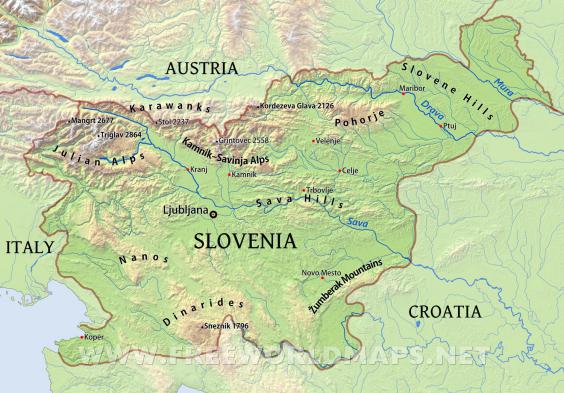
2. Q:Slovenia is the most prosperous country in the former Yugoslavia and a country with developed economies within the EU. Why is Slovenia's economy so developed and strong? What are the main advantage industries?
Mr. Boštjan Malus:Stability and continuity have characterized Slovenia’s evolution since its independence in 1991. From tolar to euro, from a non-aligned bloc to full European Union (EU) membership, and from a socialist, managed economy to a fully-fledged capitalist economy, our country has long been considered the poster child of post-Communist transition, although the recent financial crisis pushed the country to the verge of economic collapse.
A well-educated workforce and effective institutions have significantly contributed to the overall economic performance and as mentioned before the position of the country with good connections to neighboring countries and was able trade with most advanced market economies.
Main industry sectors are:
Automotive (Revoz, Mahle Letrika, Kolektor, Hidria, Unior ),
Chemicals & Pharmaceuticals ( Krka and Lek),
Electrical & Electronics (Gorenje, BSH, Iskratel, Iskra…),
ICT ( Halcom, Si.mobil and Telekom Slovenije, ...),
Logistics & Distribution (Luka Koper, Slovene rail),
Machining & Metalworking (Acroni, Danfoss Trata, Impol ) ,
Wood-processing (Lumar ).
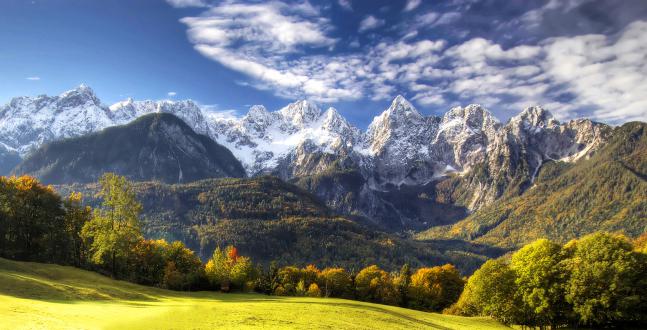
Picture:Alps mountain in Slovenia
3. Q:Slovenia is the first Central and Eastern European country to enter the European Union, and, is the rotating presidency of the Organization for Security and Cooperation in Europe (OSCE),had achieved great success. What is the relationship between Slovenia and the EU? After Slovenia joined the European Union, what is significance influences to Slovenia’s economic development?
Mr. Boštjan Malus:We were the first 2004 EU entrant to adopt the euro, on 1 January 2007. In March 2004, Slovenia became the first transition country to upgrade our status to partner to the World Bank, while in 2007 we were invited to begin the process for joining the Organization for Economic and Cooperation Development (OECD), a group of 34 advanced countries that discuss and develop economic and social policy, to which we became a member in 2012.
After long-delayed privatizations in our country, particularly within largely state-owned and increasingly indebted banking sector, fueled investor concerns in 2012 when the global economic situation became bleak. In 2013, the European Commission granted us a permission to begin recapitalizing and transferring non-performing assets into a “bad bank” which was established to restore bank balance sheets.
One of the benefits on the basis of the successful agreement with EU on the financing of the operational programs such as EU regional development fund, Cohesion fund and EU social fund that help support strengthening regional development potentials, program for financial engineering, environmental and transport infrastructure, cohesion fund and human resources development program.
Slovenia out-performed the other transition countries in nearly every macroeconomic indicator. Economic, social and political stability are considered to be the most important advantages.
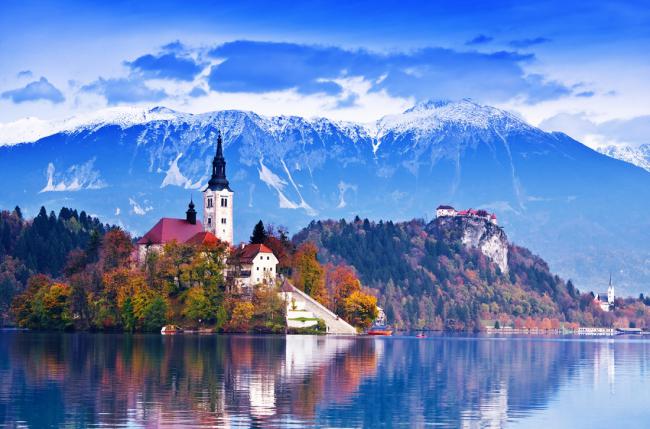
Picture:Bled lake,Slovenia
4. Q:During the European debt crisis from 2012 to 2014, Slovenia was in crisis, but very quickly recovered from the crisis. Why can Slovenia so quickly and successfully recover from the crisis and regain economic growth and prosperity?
Mr. Boštjan Malus:Despite being a small, open economy, Slovenia has managed to offset the negative consequences of economic downturns in the international environment relatively well, thanks to traditionally solid economic backbone. With excellent infrastructure, a well-educated workforce and a strategic location between the Balkans and Western Europe.
Slovene economy is dependent on export, major part of GDP is based on export and is one of the wealthiest countries in Central Europe. These achievements have been attained through hard work and the tough choices since independence.
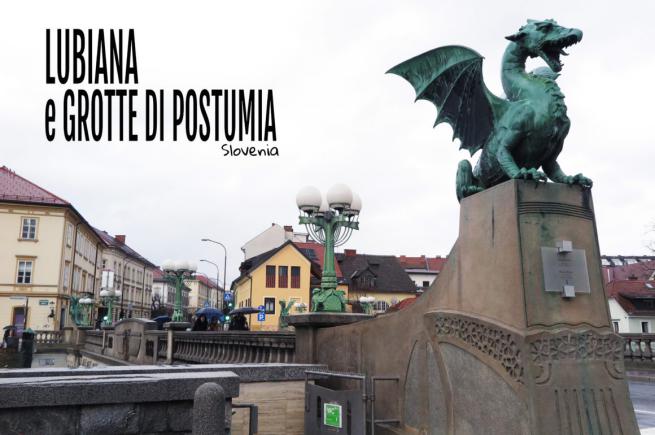
Picture:Ljubljana,capital of Slovenia
5. Q:China and Slovenia have good relationship and exchanges. There are many famous investment cases between China and Slovenia, such as the second largest city of Maribor City Airport, the famous game "Talking Tom Cat", white goods brand with more than 69 years history Gorenje, etc. Why so many Chinese Companies like to invest in Slovenia, could you forecast of the future trend of investment?
Mr. Boštjan Malus:Most foreign investors are attracted by Slovenia’s strategic position at the heart of Europe, its excellent transport and ITC infrastructure, value chains, industry clusters and centers of excellence. A corporate culture of transparency and accountability, observance of international technical standards, personal integrity and company loyalty make a foreign manager’s job easy ever since the first big international companies established their operations in Slovenia. Starting a company is straightforward and easy through single-access points to register a limited liability company, obtain a construction permit and carry out any other administrative procedures. As a potential host country we have balanced class forces, class-based economic disputes are rare and wages are very reasonable for the level of education and skills of the local workforce. Last but not least I have to point out the political stability of Slovenia.
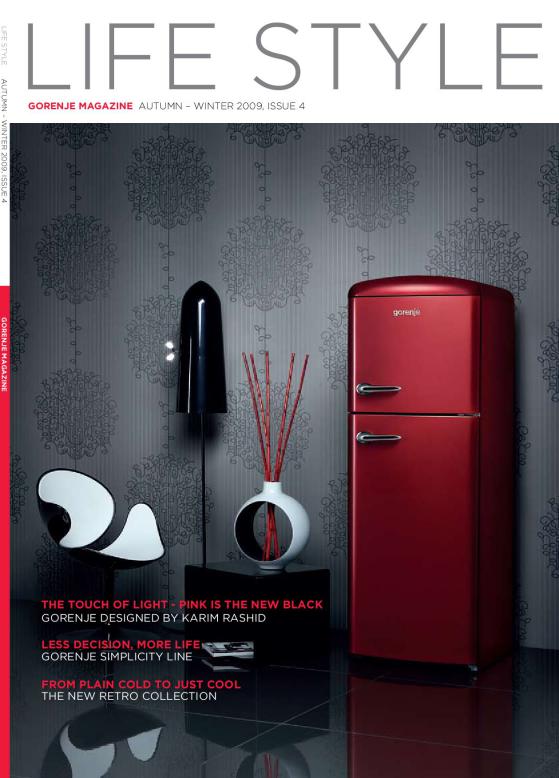
Picture:Gorenje brand
6. Q:Slovenia companies also make investments in entering the Chinese market. How do you view this situation and can you predict the future of Slovenia's investment in the Chinese market?
Mr. Boštjan Malus:Slovenia has made great efforts to boost the future cooperation between the countries.
Agency SPIRIT organized companies to join the CEEC Trade and Investment Expo in Ningbo, China and more than 30 companies visited China in organization of Ministry of agriculture, forestry and food and participated in the potential business international activities in China for the future possibilities of our cooperation.
And we look forward to Slovenia taking full advantage of the "One Belt One Road" Initiative and 16+1 mechanism to promote mutual benefit and win-win cooperation.
Most important elements are that Slovenia is a small country with limited market possibilities and China is sure possibility for future investments because of the of the market size and workforce costs.
According to one Slovene pharmaceutical company that has invested in China market the acquisition will provide them with the registration and subsequent production and sale of their products on the Chinese market. With high sales potential the acquired company will be the core of their activities in this large market, which will add production and sales capacities through contractual and capital links.
7. Q:As the largest accounting service organization and investment banking service organization in Slovenia, KPMG has led and supported many important deals, such as helping China Hisense group to acquire Gorenje, a century-old brand of white goods. What achievements have KPMG achieved in the field of mergers and acquisitions? And why are you able to achieve these results?
Mr. Boštjan Malus:We help our clients analyze investment and/or disinvestment opportunities. Expansion might relate to joint ventures and mergers, divisions and disposals, where KPMG would provide a value assessment on which you can base your decision-making and price negotiations. To provide sound advice on the transaction, it is important that we can integrate due diligence findings into the valuation process.
We use a forward-thinking approach to transaction planning, execution and integration. The concept of KPMG’s financial due diligence process is a detailed and systematic analysis of data from the target company in order to obtain an overall picture of the company in connection with the transaction. It is important that risks and opportunities are identified and assessed in view of the target’s assets and liabilities, financial position and profits.
We have advised another investor from China in process of Gorenje acquisition such as many other clients from the field of logistics and food industry form China. Those are sectors that stand out regarding interesting fields of interest for investors from China. Slovenia is also a green reference country with forests covering 58.2% of our country and with that we are on the 4th place in Europe in favor of positioning our country as healthy and green.
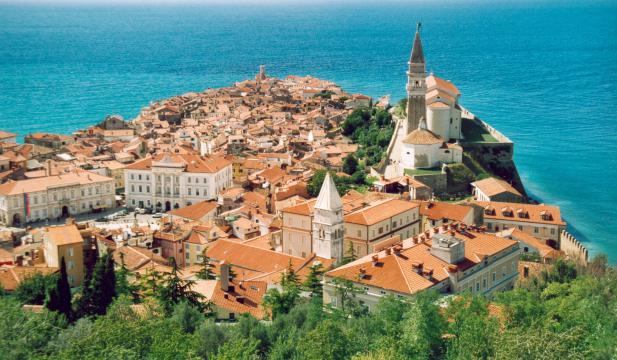
Picture: Piran, the coast city
8. If a Chinese company wants to invest in Slovenia, what advice do you have?
Mr. Boštjan Malus:KPMG will help you analyze investment and/or disinvestment opportunities and locate prime property in Slovenia for intended purpose. It is crucial that you hire a local adviser on Slovene market that can help you identify the right targets from desired fields of you interest. The other important factor is to really plan ahead and reserve the optimal time span since the procedures can take some time. We suggest that potential investors perform due diligence of the company of interest, carefully analyze the market, analyze the workforce availability and situation on the market.
9. As a native Slovenian people, how did you spend your typical weekend? What is your favorite traditional Slovenian food? Where is your favorite Slovenian attraction? Can you tell us something about those? And what is your favorite sport?
Mr. Boštjan Malus:Being a small country is in this case quite an advantage. If you live in the capital Ljubljana you have 1 hour to the seaside or 1 hour to the ski resort. Since it is winter time in Slovenia the ideal way to spend free time is to go skiing to the nearby resorts.
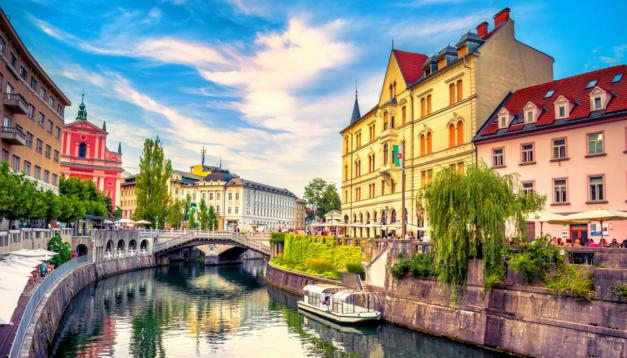
And then after the activity you can enjoy typical Slovenian dishes such as Jota, a bowl dish made from sauerkraut and beans and a typical sausage Kranjska klobasa.
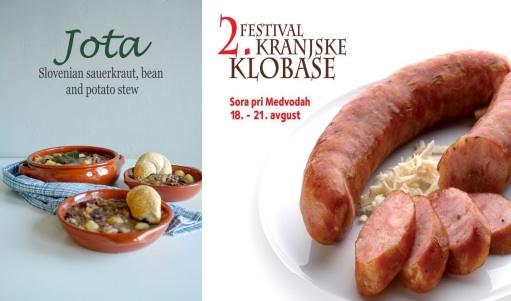
In Slovenia there is a cave called Postojnska Jama that has one of a kind living species proteus, a human fish that are existing only in Slovenia and that has to be my favorite attraction.
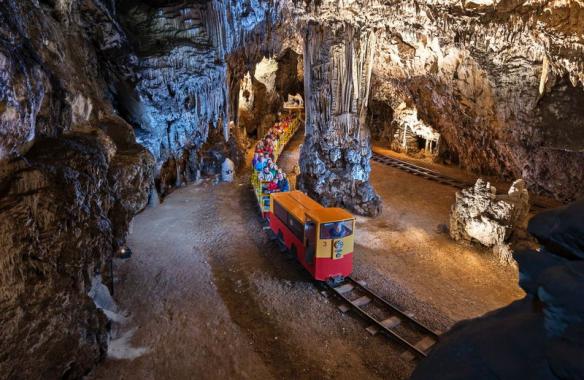
One of the activities that is would sincerely recommend is a game of golf in one of my favorite qolf locations on Bled a beautiful location half an hour drive from our capital city Ljubljana.
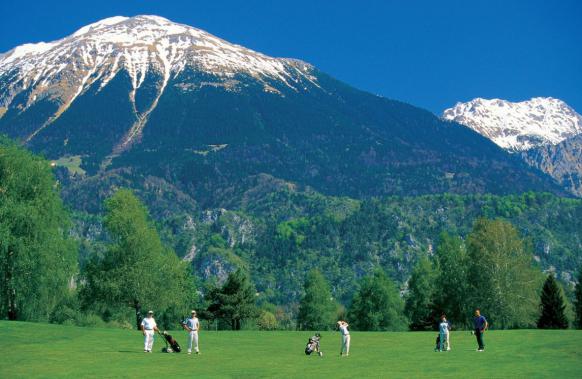
But in general we can say that all the attractions that Slovenia has to offer are so unique that the visitors are quite impressed with a scenic city centers, breathtaking nature, mountains lake and beautiful seaside.
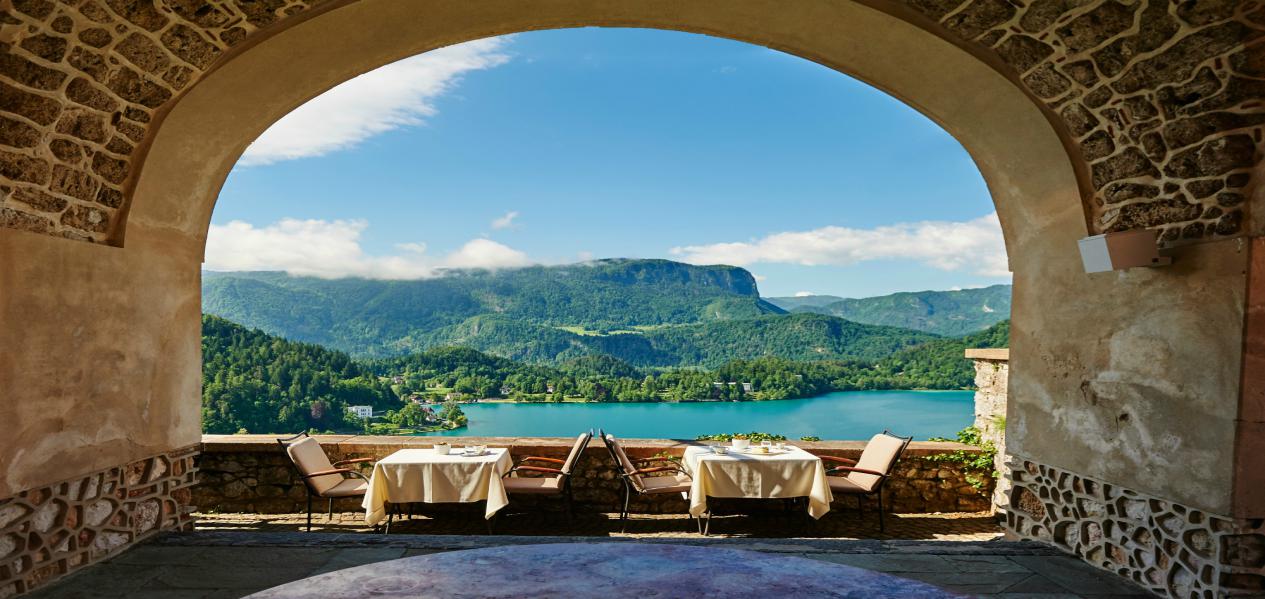
Copyright © 2015 www.reec.top All Rights Reserved
